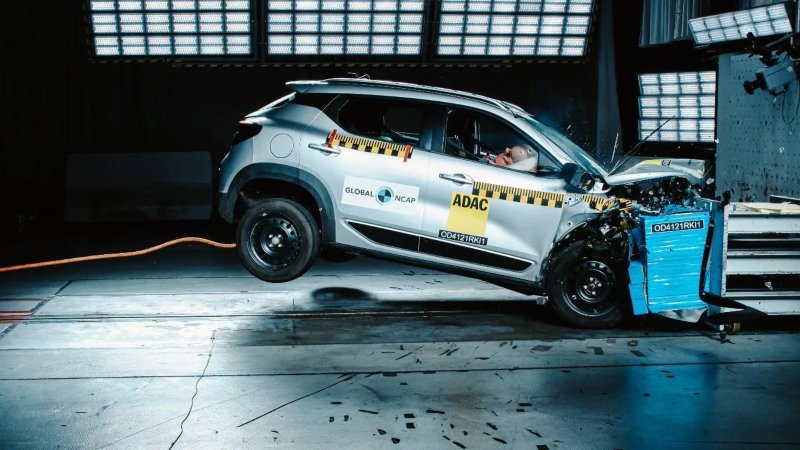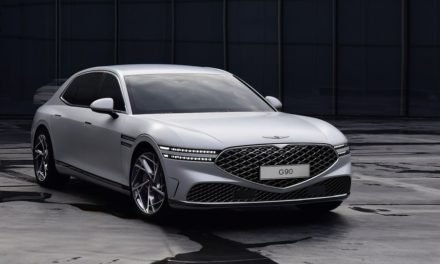Gone are the days when we only used to revolve our car buying decision on the basis of creature comforts, features, and the dent they make in our pocket. The Indian consumer is now becoming more and more vigilant about the safety of the cars they drive on a regular basis. Major credits have to be attributed in this regard to the GNCAP, otherwise also known as the Global New Car Assessment Program. Walking on the same footprints, our very own MoRTH (Ministry of Road, Transport and Highways) has also set the ball rolling for the induction of their in-house crash test programme. Dubbed as Bharat NCAP, this testing regime will come into play from April 2023.

Eligibility
The touted Bharat New Car Assessment Program will be eligible for vehicles catering to the M1 category which includes cars with a seating capacity of fewer than nine passengers, including the driver. It is also being reported that the safety tests will not only include internal combustion-engined vehicles but also electric and CNG vehicles. This is what makes this testing engine futureproof because the Indian roads are bound to be flocked with electric cars in the near future.
Testing procedure
To ensure the credibility of these tests, MoRTH will ensure that the testing protocols are well in line with the Global crash test procedures while also factoring in Indian road conditions. Just like GlobalNCAP (GNCAP), BharatNCAP (BNCAP) will also provide information related to child and adult occupants’ protection and safety assist technologies.

In the published crash test ratings, the cars will be awarded from zero to five stars, based on the way they perform during the crash tests. One thing worth noting here is that, unlike GNCAP which provides standalone ratings for adult and child occupants’ safety, BNCAP will get a single unified rating. Here are all the tests Indian cars will have to undergo during the procedure:
- Child occupant protection
- Adult occupant protection
- Safety assist technologies
- Side impact test
- Pole impact test
- Offset deformable barrier front impact test
- Pedestrian safety
Implications
The expected implications of our own indigenous crash test programme are touted to be huge!
India holds the designation of the world’s worst accident record and is looking forward to reducing the overall deaths by 50 percent as we approach 2030. B-NCAP will make sure that Indian consumers are well aware of the safety of the cars that they take out on a regular basis.
Apart from that, it will also entice manufacturers to indulge in a battle to prove their might in terms of overall safety, resulting in the production of safer cars with better safety equipment. Safer cars will also increase the export-worthiness of Indian automobiles, as Mr. Nitin Gadkari rightfully noticed in a series of tweets that he sent out announcing the BNCAP initiative.




